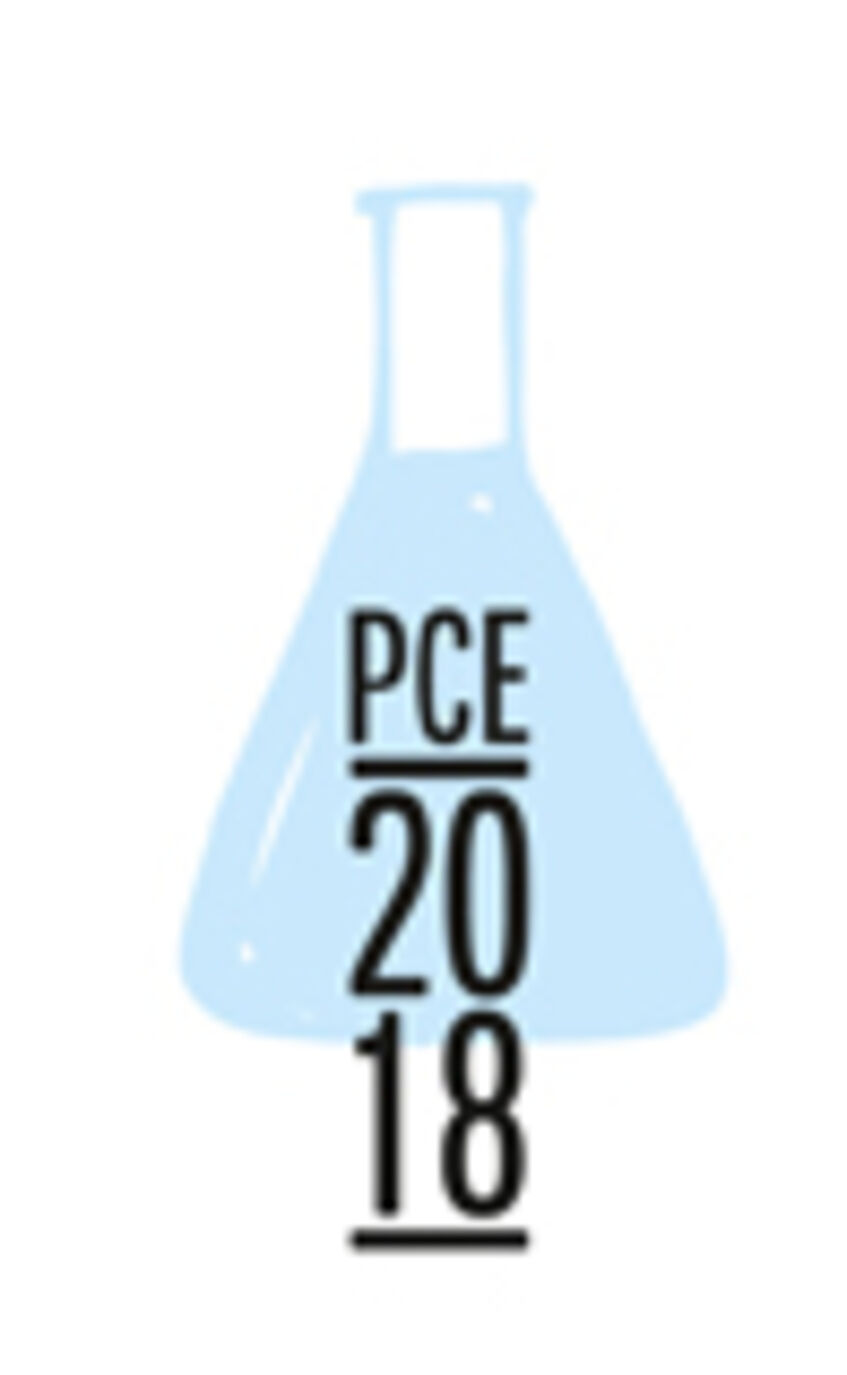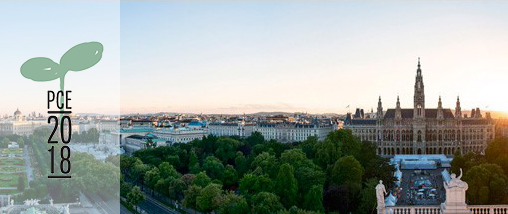
Facilitating Hope - clinical dimensions
To hope is a major part of physical and mental health and of salutogenesis. The competence of hope, the (re)learning of hope has become a central characteristic of the orientation towards bio-psycho-social health. As opposed to depression, the most popular psychopathology in modern society, often defined with loss of hope.
Examples of possible topics
- Schizophrenic disorders, anxiety disorders, obsessive-compulsive-disorders, somatoform and eating disorders, stress symptoms and adaptation disorders, non-organic sleeping disorders and personality disorders etc. – how can we understand them regarding the aspect of hope or its disappearance?
- If theses psychopathologies can also be understood as a sign of an increasing lack of hopeful life, how will the according theory and practice of therapy look like?
- How can we reach a professional positioning, as a decisive counterpart to the common approaches in the health systems, by our therapeutic language, by our professional clinical expertise and by naming health-promoting and harmful therapy approaches and processes?
- How can PCE therapies have an influence on the interdisciplinary discourse in the health systems?
- The tension between theories of disorders and orientation on the person – still one of the biggest challenges for PCE therapies?
